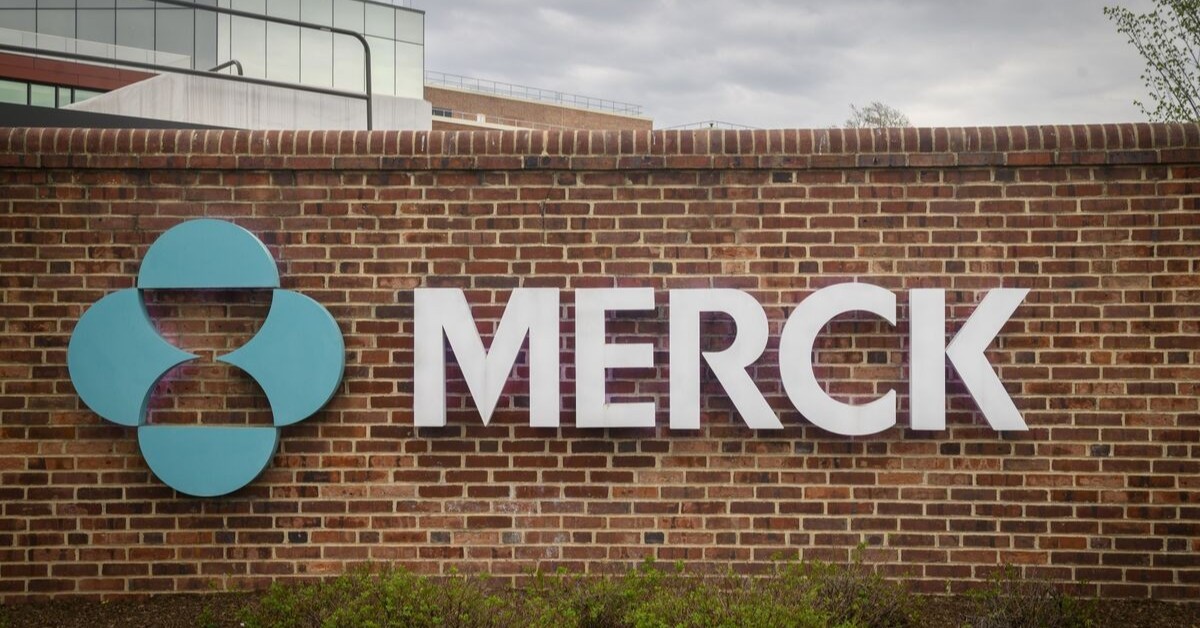
USA – The U.S. Food and Drug Administration (FDA) has officially approved Merck’s new RSV treatment for infants, known as Enflonsia.
The shot is designed to protect babies from Respiratory Syncytial Virus (RSV), a common cause of severe lung infections such as pneumonia.
With this approval, parents and doctors now have another option to guard newborns against RSV during their first vulnerable months.
Merck’s Enflonsia enters the market as a direct competitor to Beyfortus, an RSV antibody treatment from Sanofi and AstraZeneca.
Beyfortus experienced high demand last season, resulting in supply shortages across the U.S. To prepare for the upcoming RSV season, Sanofi has announced plans to expand its distribution and begin shipments early in the third quarter.
Both Enflonsia and Beyfortus belong to a class of treatments known as preventative monoclonal antibodies.
These shots provide babies with protective antibodies, offering immediate immunity against the virus. However, since they target different parts of the RSV virus, it is difficult to make direct comparisons between the two.
Availability and effectiveness
The FDA’s approval allows Merck to begin selling Enflonsia in time for the RSV season, which typically begins in the fall and lasts through spring. Merck expects to take orders in July, with deliveries planned before widespread transmission starts.
Dr. Dean Li, head of Merck Research Laboratories, emphasized the importance of timely access: “We are committed to ensuring Enflonsia is available before the RSV season begins to help ease the burden of this infection on families and healthcare systems.”
One advantage of Enflonsia is its single-dose administration, regardless of an infant’s weight. In contrast, Beyfortus requires weight-based dosing, which may add complexity for healthcare providers.
Clinical trials have demonstrated Enflonsia’s effectiveness in preventing serious RSV complications:
Beyond infant RSV protection, vaccines from Pfizer, GSK, and Moderna are available in the U.S. for adults and pregnant women.
However, RSV vaccines for young children remain under review after the FDA paused further testing due to safety concerns.
The next major decision on RSV immunization will come from the Centers for Disease Control and Prevention (CDC).
A scheduled meeting from June 25 to 27 will bring together vaccine experts to issue recommendations on RSV shots and other immunizations.
XRP HEALTHCARE L.L.C | License Number: 2312867.01 | Dubai | © Copyright 2025 | All Rights Reserved